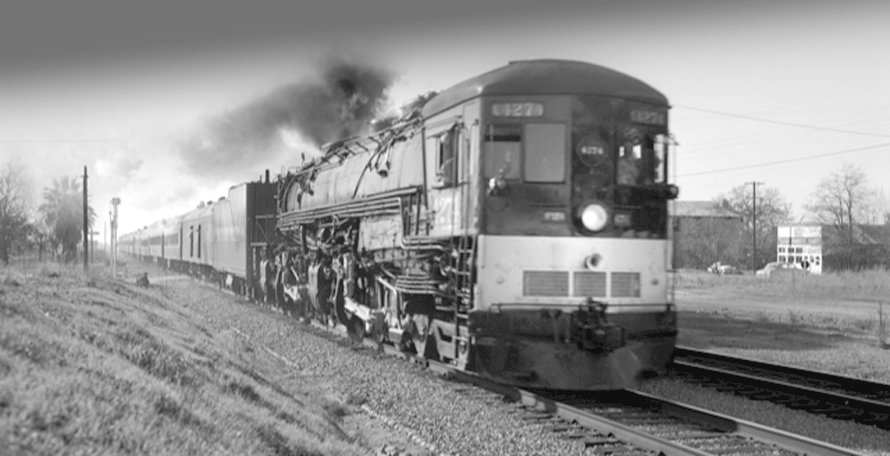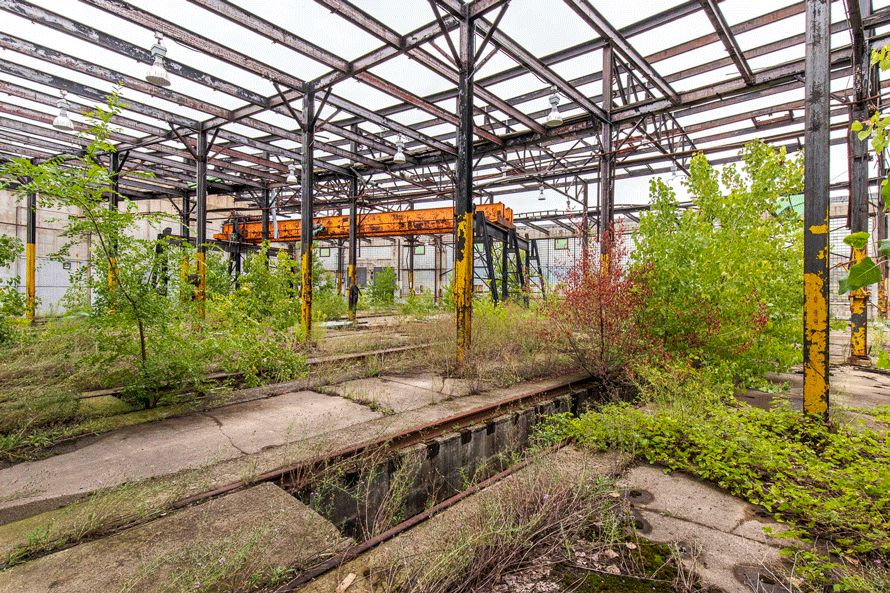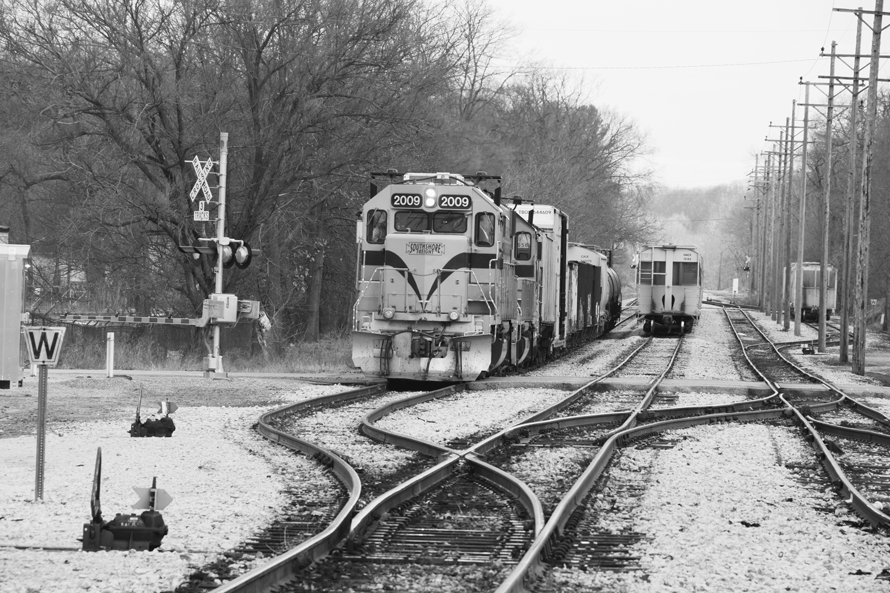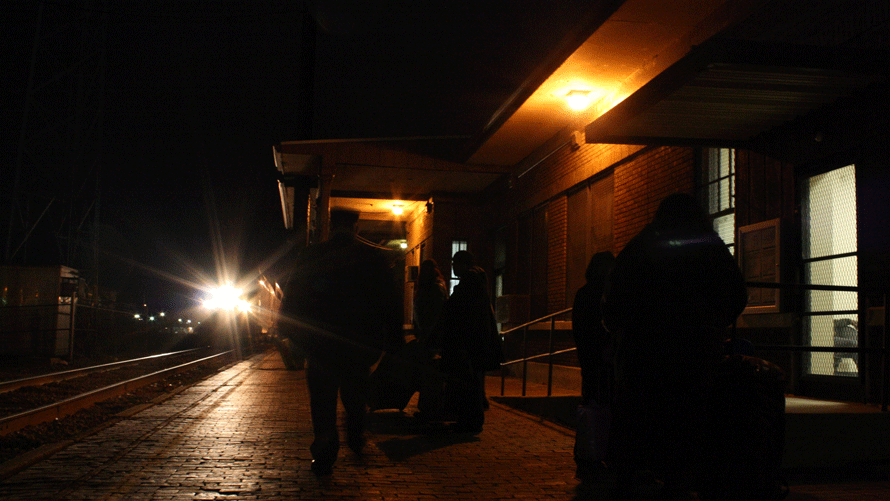
It’s the last day of November in the foothills of the California Sierra-Nevada and remarkably warm for the time of year. The station-board by the main line reads “Rocklin.” There is no longer a station building here but you can usually spot the location of a former Southern Pacific station by the presence of a mature palm tree, and in 1957 Rocklin has a fine specimen.
At one time, this was a staging point for the long climb to Donner Summit, but its roundhouse and its busy turntable are long gone. In 1957 Rocklin is a quiet, peaceful and unspoilt place. (Today, in 2022, there is an elevated highway interchange at this location.) On either side of the tracks a few wildflowers mix with the tall grasses, including some California poppies which have been dormant over the hottest months of the Summer. Jointed rails creak in the midday heat.
Read more

